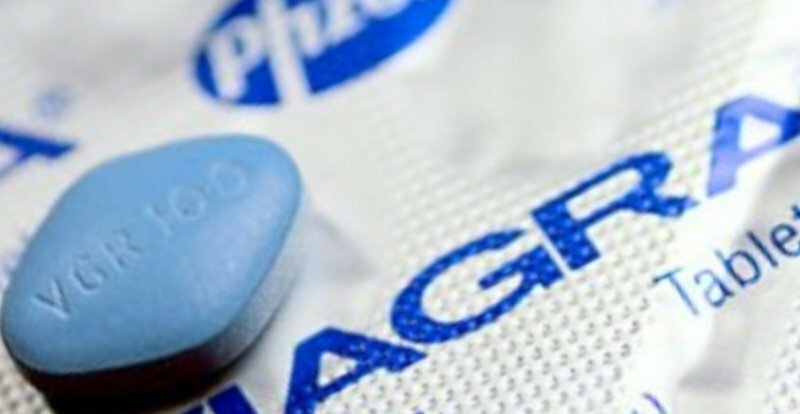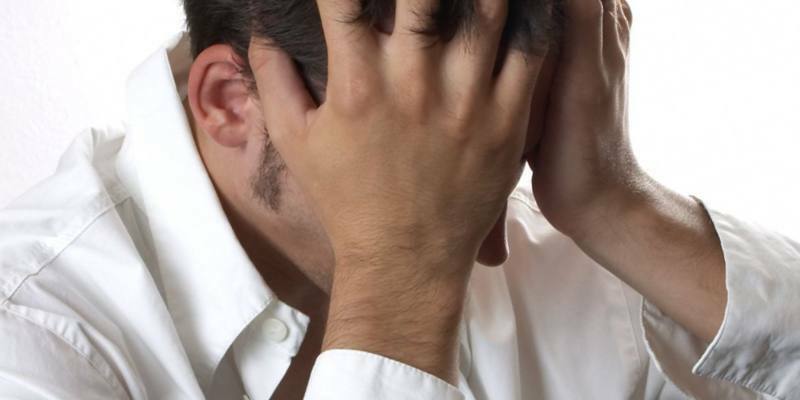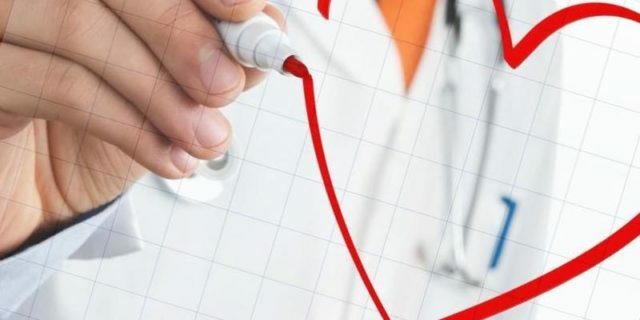
Page Contents
- 1 Low pulse and low blood pressure - causes of bradycardia
- 2 What should I do?
- 3 Diagnosis
- 4 Treatment of
Hypotensive conditions are often accompanied by a decrease in the heart rate( less than 50 per minute).According to medical terminology, this deviation from the norm is called bradycardia. What if you have low heart rate and low blood pressure? How does this state affect a person's health, and what are the dangerous consequences? Let's find out.
Low pulse and low blood pressure - causes of bradycardia
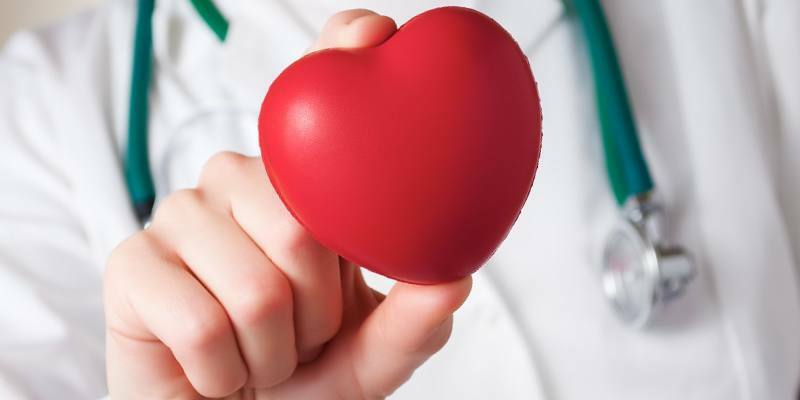
Before deciding what to do with low heart rate and low blood pressure, it is necessary to understand the causes of this condition. Everyone knows that a healthy person's pulse beats at a frequency of 60-80 beats per minute, but in hypotensive patients suffering from low blood pressure, this figure may be below normal. Often this is not related to the pathology of the cardiac activity, but depends directly on physiological causes. These include such states as:
- Subcooling. In this case, bradycardia compensates for hypothermia, since the body in this state needs less oxygen.
- Occupation by professional sports. Almost all athletes after intensive training, which cause the heart to work in a strengthened mode, in a state of rest there is a slowing of the pulse with a decrease in pressure.
- Late gestation. In this state, the pulse rate can be slowed down by excessive fetal pressure on the lower vena cava.
But the main cause of bradycardia is still cardiovascular disease:
- IBS( ischemic disease);
- coronary artery atherosclerosis;
- weakness of the sinus node;
- cardiosclerosis;
- presence of rumen after a previous myocardial infarction;
- congenital anatomical features of the heart muscle.
In addition, the following conditions may cause the pulse to fall at low pressure:
- extensive blood loss or internal bleeding in gastric or pulmonary pathologies;
- acute intoxication of the body when poisoning with poisons, lead medicines;
- conditions associated with severe infectious diseases, hepatitis, sepsis;
- allergic reactions accompanied by Quinck's edema and anaphylactic shock;
- diseases of the thyroid gland( hypothyroidism).
The reasons for the occurrence of bradycardia can be very diverse, and not always this condition in hypotensive patients causes concern. However, if you have occasional anxiety symptoms, you need to see a cardiologist and get tested.
What should I do?
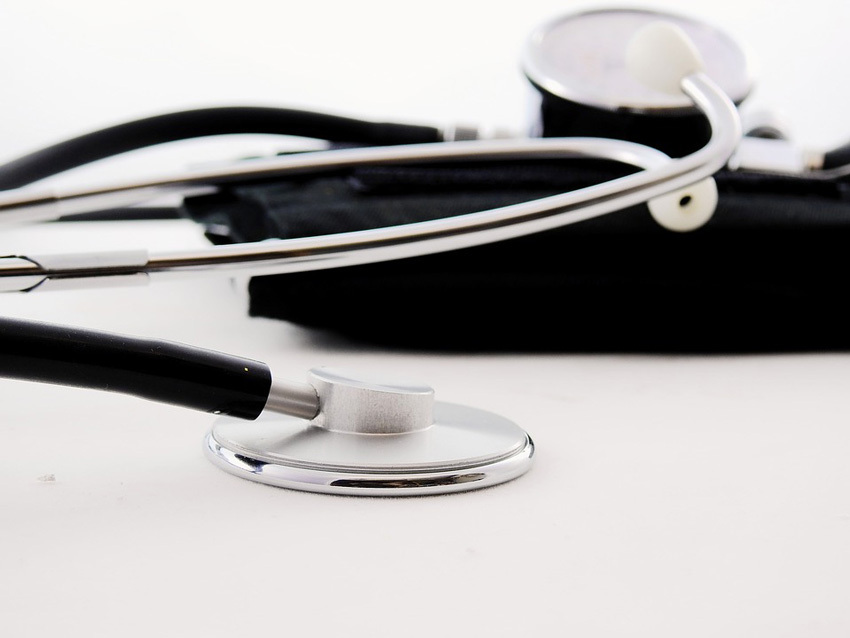
A pulse drop( less than 50 beats per minute) may indicate the onset of pathological changes in the heart. But about the true bradycardia doctors say in the case when the heart rate and heart rate are the same according to the ECG( electrocardiogram).
Low pulse is a condition that is accompanied by insufficient supply of tissues with oxygen( hypoxia) and further leads to disruption of the internal organs. Hypotonics can for a long time ignore the worsening of the condition, but as the bradycardia progresses to the usual weakness and fatigue, the following symptoms are attached:
- headaches;
- dizziness;
- daytime drowsiness:
- syncope;
- cold sweat;
- shortness of breath, chest pain;
- swelling;
- nausea( sometimes vomiting).
A sudden drop in pressure and a low pulse may indicate life-threatening conditions such as myocardial infarction, internal bleeding, pulmonary embolism, development of atrial fibrillation, or Quincke's edema. Remember that a pulse drop below 40 beats per minute threatens to stop the heart! In this case it is necessary to call emergency medical service as soon as possible.
But what if you have a low pulse at low pressure and this condition becomes chronic? In this case it is necessary to undergo a thorough examination, as the cause may be endocrine diseases or disorders of the nervous system associated with prolonged stress, depression, mental overstrain.
Diagnostics

The list of priority diagnostic methods for suspected bradycardia includes:
- blood test( general clinical and biochemistry);
- ECG analysis;
- daily monitoring of ECG;
- Stress test( ECG with physical activity)
To clarify the diagnosis, it is recommended to conduct an independent control of the heart rhythm and record the indicators and accompanying symptoms in a special journal. Observation should be conducted throughout the day, then show the findings to the doctor.
If necessary, the specialist will refer the patient to additional studies - a blood test for thyroid hormones( if hypothyroidism is suspected), echocardiography, coronary angiography( with suspected cardiovascular pathologies).Based on the results, the doctor will be able to correctly diagnose and determine what to do with a low pulse and low pressure to improve the patient's condition.
Treatment of
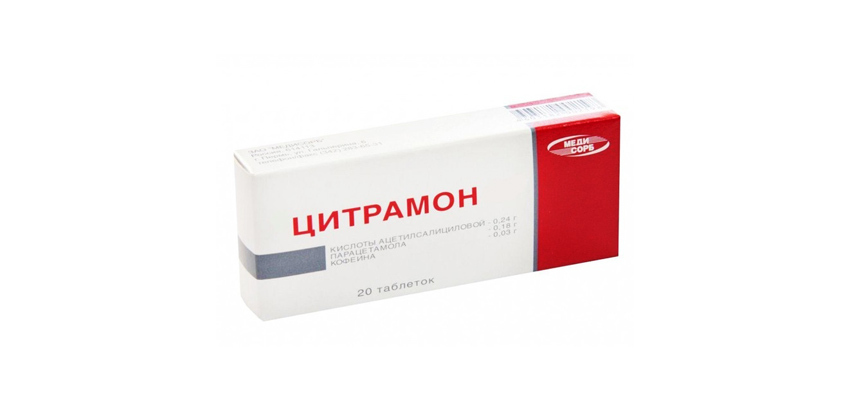
If mild symptoms of bradycardia in the hypotonic occur rarely, then the question of what to do with low blood pressure and low pulse, many experts advise you to drink a cup of strong coffee or tea. Caffeine, contained in these drinks, "spurs" the heart muscle, increasing the number of abbreviations to normal.
In addition, doctors advise to increase motor activity, more to be outdoors, to adjust the regime of the day and a healthy sleep. It is necessary to abandon bad habits and adjust the diet. Hypotonics with similar problems is useful to include in the menu nuts, seafood, sea kale. You should adhere to a light milk-vegetable diet, giving up heavy, fatty foods, animal fats and baking.
Of course, such recommendations are applicable only for physiological reasons for reducing heartbeats. In other cases it is necessary to see a doctor and undergo a detailed examination in order to establish the exact cause of the disease and choose the optimal treatment regimen.
If the symptoms of bradycardia are poorly expressed, it is recommended to take a tincture of eleutherococcus, ginseng or belladonna. They can be purchased freely in any pharmacy at a very low price. Regular reception of such funds( according to the instruction) helps to increase the heart rate and raise the pulse to normal level. If you have caffeine preparations( Axophen, Isodrin) prescribed by a doctor at hand, you can take the drug to normalize the condition.
In addition, the doctor can recommend such medications as:
- tincture Zelenin( 15 drops twice a day);
- Caffeine, Ascofen or Citramon( take a pill with a decrease in heart rate).
These medications can not be used without prescribing a doctor, as they can trigger a sharp pressure surge, especially when taking them at elevated blood pressure.
With a sharp drop in pressure and pulse, the patient must be hospitalized. In an inpatient setting, prescribe Atropine( intravenously or intramuscularly), Isadrin or Isoproterenol( drip), Alupent preparation( in tablets or in injections).

